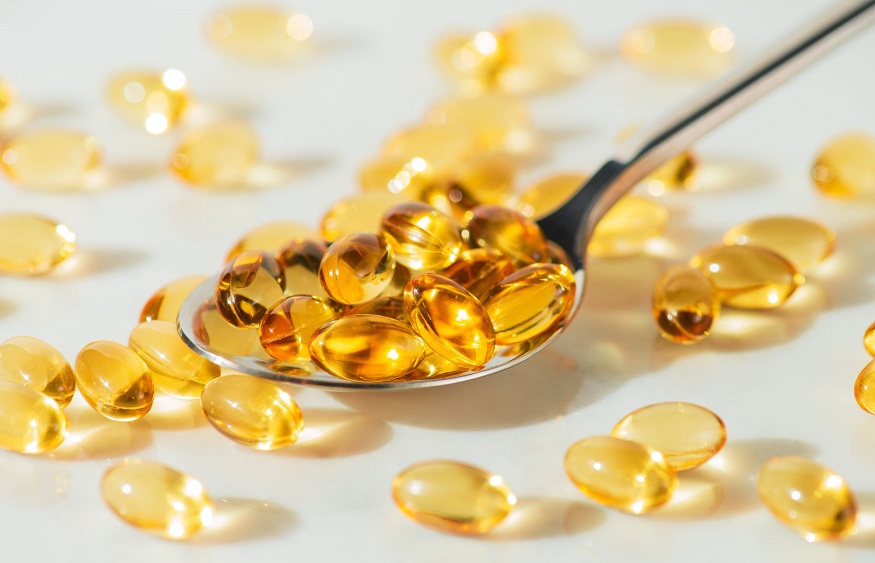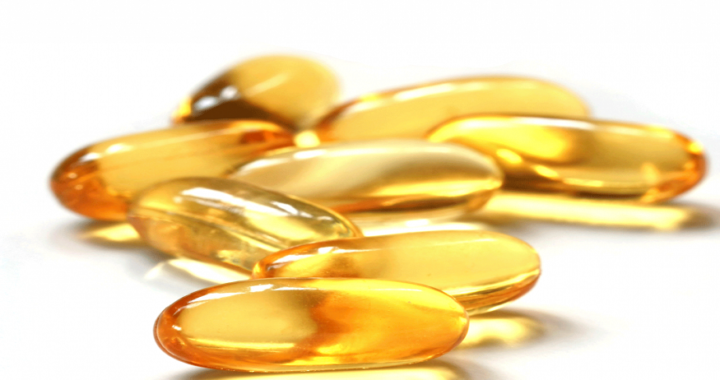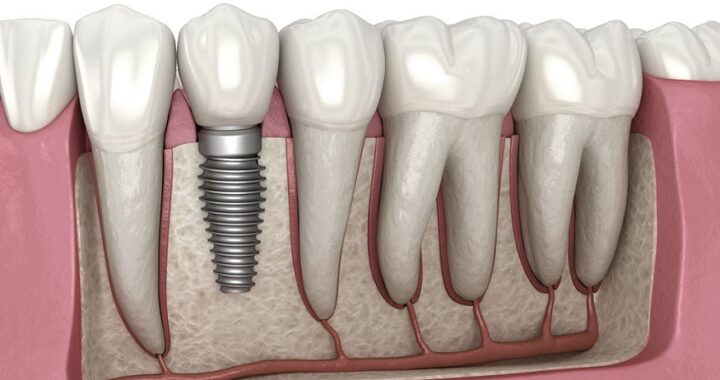Top Signs You Need Vitamin D Supplements

Vitamin D, often referred to as the “sunshine vitamin,” plays a crucial role in maintaining overall health and well-being. It is essential for various bodily functions, including bone health, immune system regulation, and even mental well-being. While our bodies can produce vitamin D when exposed to sunlight, many people may still find themselves deficient. In such cases, supplementation becomes necessary to bridge the gap. Here are the top signs that indicate you may need vitamin D supplements from brands like Thorne Research at Supplement First.
1. Limited Sun Exposure
The primary natural source of vitamin D is sunlight. When the skin is exposed to sunlight, it triggers a process that converts a form of cholesterol into vitamin D. If you live in an area with limited sunlight, have a job that keeps you indoors for extended periods, or simply can’t spend much time outside, you may not be getting enough of this vital nutrient.
2. Dark Skin
Individuals with darker skin tones have more melanin, a natural pigment that reduces the skin’s ability to produce vitamin D from sunlight. As a result, people with darker skin are more prone to vitamin D deficiency and may need to rely on supplements from Vital Nutrients at Supplement First to meet their nutritional needs.
3. Age and Bone Health Concerns
As we age, our bodies become less efficient at producing and absorbing vitamin D. This can lead to bone density issues and an increased risk of fractures. Older adults, especially those over the age of 50, should consider vitamin D supplementation to support bone health.
4. Gastrointestinal Conditions
Certain gastrointestinal conditions, such as Crohn’s disease, celiac disease, and irritable bowel syndrome, can interfere with the absorption of vitamin D. If you have any of these conditions, your healthcare provider may recommend vitamin D supplements to ensure you’re getting an adequate amount
5. Limited Dietary Sources
While some foods are fortified with vitamin D, it can be challenging to obtain enough through diet alone. Natural sources of vitamin D are limited and include fatty fish like salmon and mackerel, egg yolks, and fortified dairy products. If your diet doesn’t regularly include these foods, supplementation may be necessary.
6. Chronic Fatigue and Weakness
Feeling excessively tired and weak can be a sign of vitamin D deficiency. Studies have shown that individuals with low levels of vitamin D may experience increased fatigue and a lack of energy. If you’ve been struggling with unexplained fatigue, consider getting your vitamin D levels checked.
7. Frequent Illnesses
Vitamin D is crucial for a well-functioning immune system. If you find yourself frequently falling ill or taking longer to recover from illnesses, it may be an indication that your immune system needs a boost, which could be provided by vitamin D supplements
8. Mood Disorders
Emerging research suggests a connection between vitamin D levels and mood disorders like depression and anxiety. While more studies are needed to establish a clear link, if you struggle with mood disorders, it’s worth discussing your vitamin D levels with your healthcare provider.
Wrapping It Up
Remember, while supplements can be beneficial, they should be taken under the guidance of a healthcare professional to ensure you’re getting the right dosage for your specific needs.

 An In-Depth Examination of Vitamins and Their Role in Bodily Function
An In-Depth Examination of Vitamins and Their Role in Bodily Function  Fundamental Biological Interactions of Beta-Alanine That Make it A Valuable Addition for Enhanced Athletic Performance
Fundamental Biological Interactions of Beta-Alanine That Make it A Valuable Addition for Enhanced Athletic Performance  How to Maximize Gains with Fitness Supplements
How to Maximize Gains with Fitness Supplements  Taking THC pills – How the market is changing?
Taking THC pills – How the market is changing?  Plant-Powered Vitality: Unveiling the Significance of Beta alanine Supplementation for Vegetarians
Plant-Powered Vitality: Unveiling the Significance of Beta alanine Supplementation for Vegetarians  Consume Vitamin E capsules for face
Consume Vitamin E capsules for face  Complete Guide to Diagnosis and Treatment of Hypertension
Complete Guide to Diagnosis and Treatment of Hypertension  Moisturizer To Sheet Masks: Skincare Essentials To Pack For Colder Months
Moisturizer To Sheet Masks: Skincare Essentials To Pack For Colder Months  The Step by Step Process of Getting Dental Implants in Fargo
The Step by Step Process of Getting Dental Implants in Fargo  5 Toronto Dietitian Approved Habits for a Healthy New Year
5 Toronto Dietitian Approved Habits for a Healthy New Year